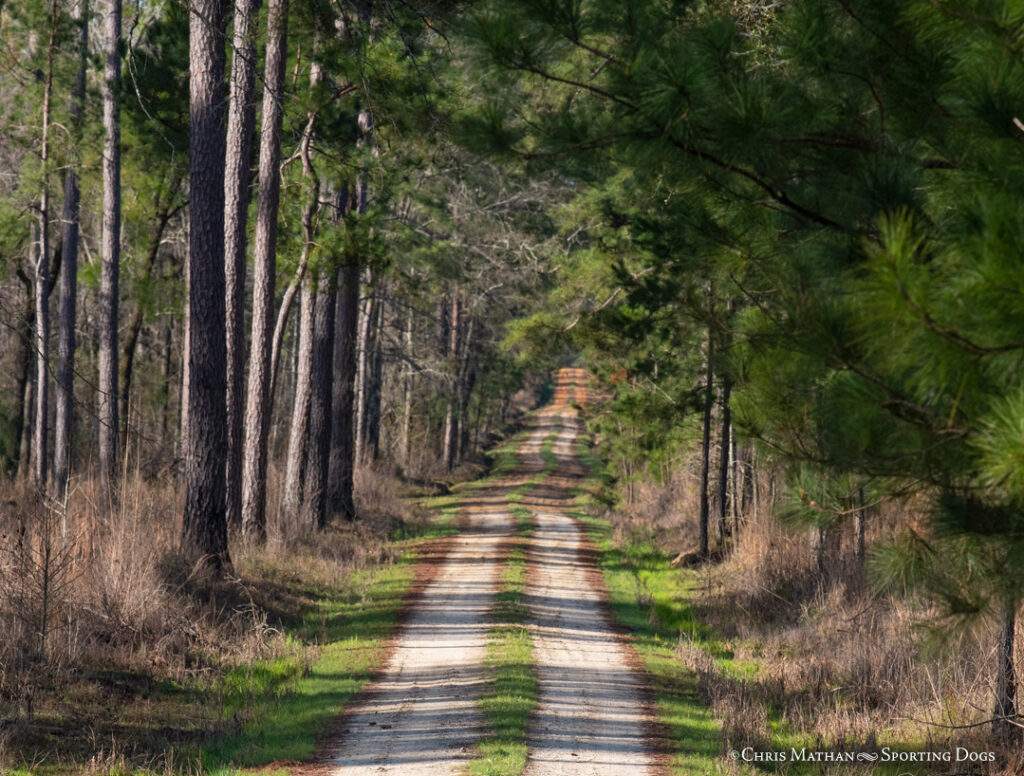Ben and Sam never ceased to wonder at the venom sibling heirs often held for one another. Ben often quoted his mother, “About the only place you see brotherly love is in the Bible.” Sam had a theory, “Sibling discord springs most often from spousal discord. If kids witness fights between their parents, they are likely to fight one another. And the worst happens when parents play young children off against one another or use them as pawns in parental disagreements.”
Ben was currently dealing with a prime case in his law practice. Bob Charles was a long-time client of Ben and patient of Sam. He owned Twin House Plantation outside Thomasville, a showplace quail plantation developed from cotton farms in the 1880s by two brothers from Cleveland as their winter get-away. Bob had bought it forty years ago after selling his auto parts manufacturing business for a tidy sum. He and his wife Marie had lived there except July to October when they lived at their lake-side house in rural New England. Marie had died last year after a long bout with cancer. Bob was trying to decide how to leave Twin House between his sons Ed and Don.
Both sons were successful business men, Ed in Atlanta, Don in Memphis. Both coveted Twin House, wanted to inherit it all and felt entitled. The brothers disliked one another, a sentiment originating in childhood when Ed was Marie’s favorite, Don his father’s. Neither were favorites of Ben or Sam. Spoiled brats, they called the brothers.
Bob had long allocated hunting days between them equally. Same for holidays, Christmas and Thanksgiving in alternating years, the sons and their spouses and children (three each) coming for one or the other traditional family gathering times, but never both sons’ families at the same time.
Fortunately, Twin House was large enough to split and leave each son a fine plantation with its own manor house and dependencies, gardens, kennel, horse barn, and swimming pool. The original sibling owners had seen to that. But Bob was sure owning adjoining places would stoke the fire of sibling discord. And how to set the division line?
“That’s easy enough,” Ben had said. “Make them draw straws. One gets the short straw must draw the line or cede that to his brother. One does not draw the line gets his choice of the two resulting places.”
“They will wrangle about it for months if not years,” Bob said. “Give them two weeks. If they have not resolved all issues in two weeks Twin House Plantation goes to Tall Timbers,” Ben said. “And as for the discord after the division, let them worry about that. You will be gone.”
Bob reluctantly put the plan Ben recommended in his revocable trust. He also put a conservation easement in favor of Tall Timbers on the whole place. It permitted the one division only.
“Bob is right. When Ed and Don are neighbors, with five miles of line fence between them, they will be at war constantly,” Sam said while the curmudgeons were enjoying drams of the Macallan on a Friday afternoon after Bob had put his plan in place. Soon after, Bob died from a heart attack suffered during an opening day covey rise on Twin House. His ashes were buried by Marie’s on Twin House beneath live oaks.
At the reception for those attending, Ed and Don cornered Ben to ask about their father’s estate plan. “I can see you tomorrow morning. So you can sleep well I will just tell you you were treated exactly equal,” Ben said, then turned his back on them and walked to the buffet for more fried chicken. Bob’s cook of many years, Mattie Spain, was famous for it.
Ben had copies of the documents and a plain-English memo explaining the plan for Twin House waiting for Ed and Don when they arrived at his office at nine sharp. They were both disappointed but understood they could not afford to wrangle. Ben had Sam present to handle the straw drawing, and Sam had a camera set up to film it. Ed drew the short straw and elected to let Don draw the line. Ben then presented a survey he’d had prepared in advance at the direction of his favorite appraiser that divided Twin House’s ten thousand acres equitably with a Manor House and curtilage on each parcel. Both sons recognized its fairness and they both elected to adopt it as the dividing line and Ed selected the eastern parcel.
“If either of you would prefer to own a comparable plantation elsewhere so you will not be neighbors I may have a deal for you. First come first served,” Ben said. Both Ed and Don said, at the same time, “I would.”
“Sam, flip a coin. Don, call heads or tails,” Ben said.
Don called heads and the quarter landed on tails. Ben gave Ed Pete-Bob Dix’s card. Pete-Bob had a listing on a plantation comparable to either of the now-divided Twin House parcels.
That afternoon Ben and Sam met at four in Ben’s library-conference room. With drams of the Macallan poured in plastic thermal mugs bearing the logos of Georgia and Harvard, respectively, they contemplated what had happened that morning between the brothers.
“My father was one of five brothers. All lost their jobs in the Great Depression and limped home with spouses in their twenties. After that my grandmother who they moved back in with said, ‘Best thing for family relations is distance,’” Ben said.
